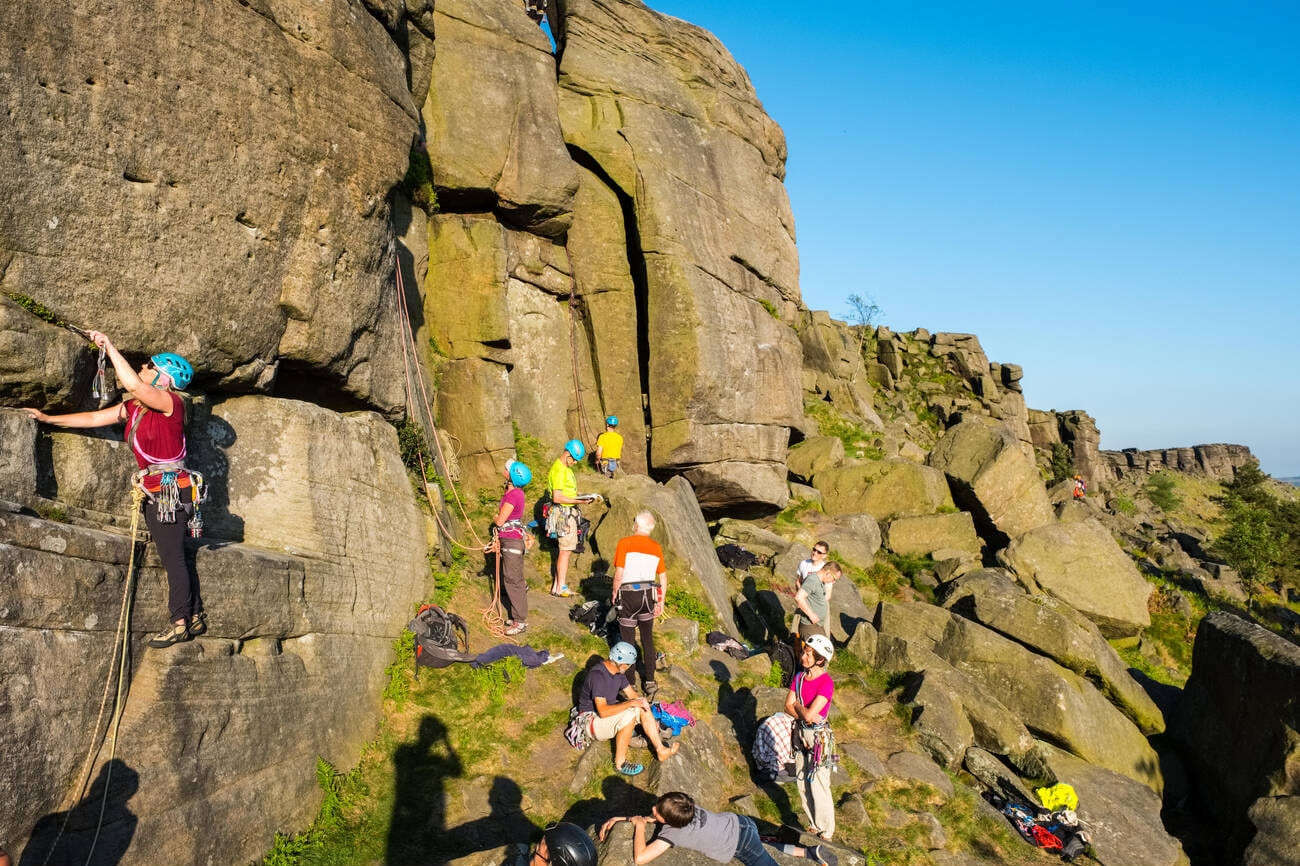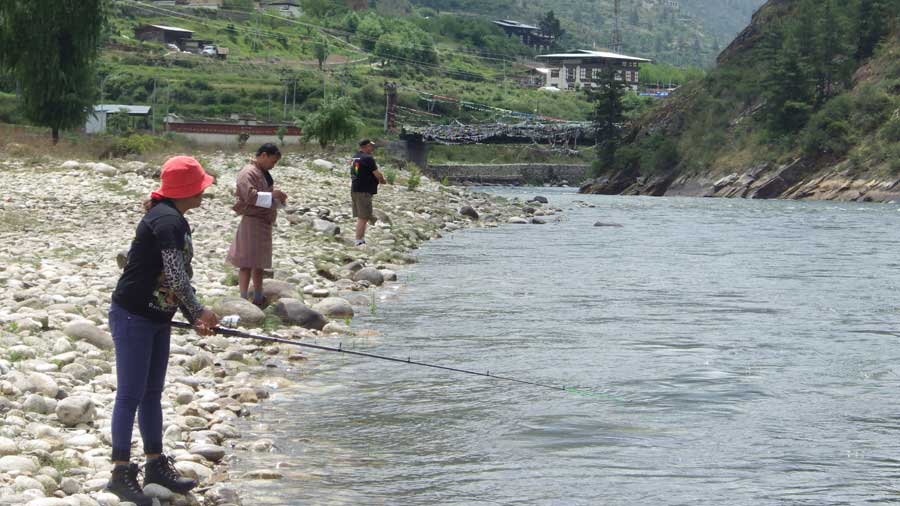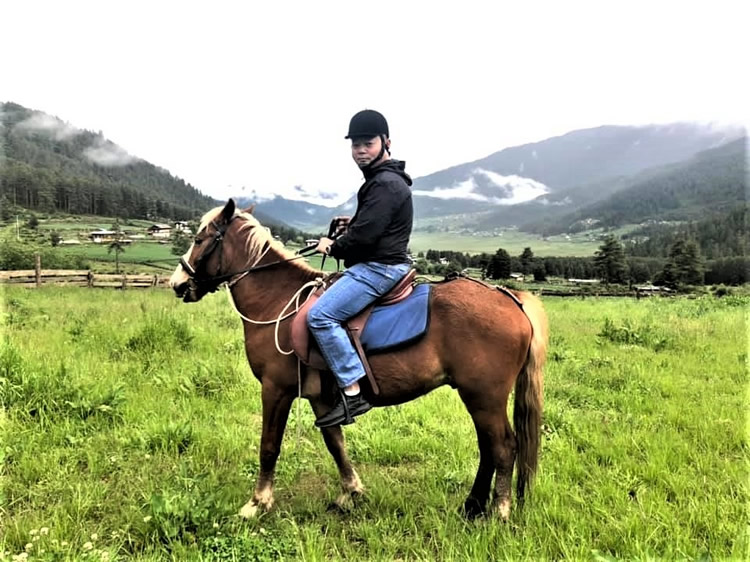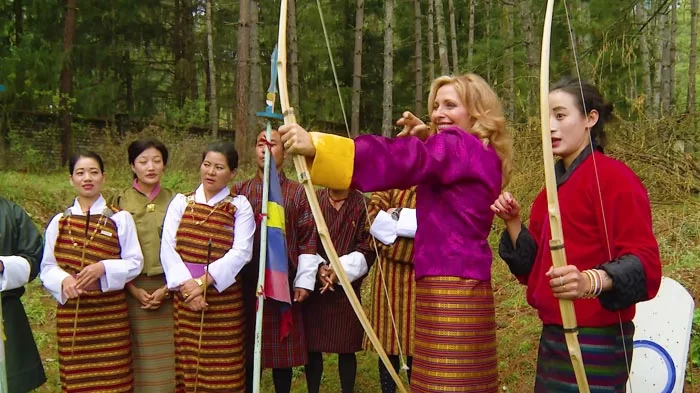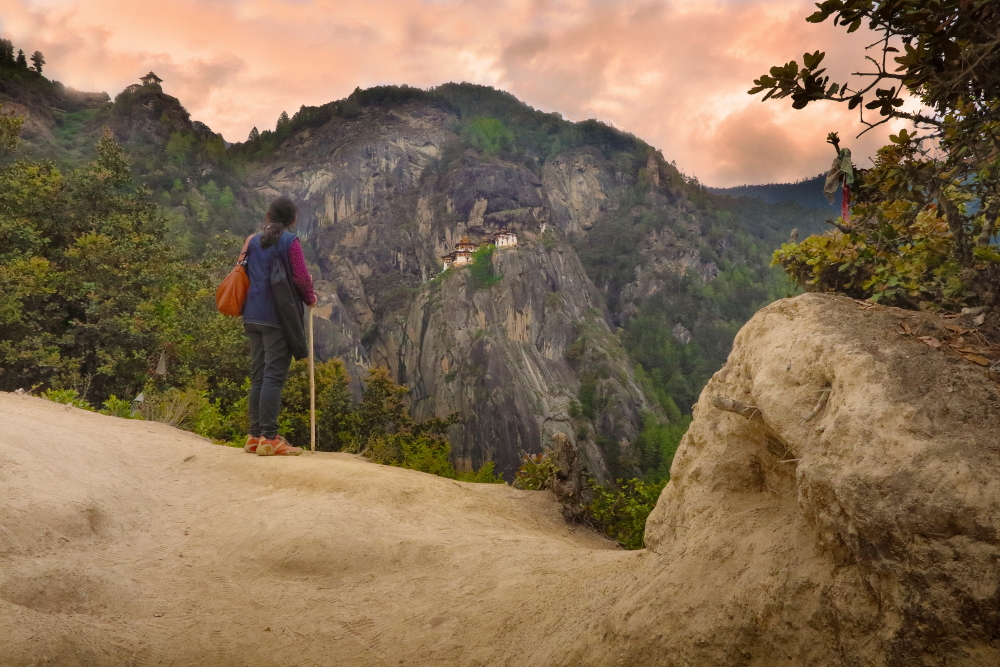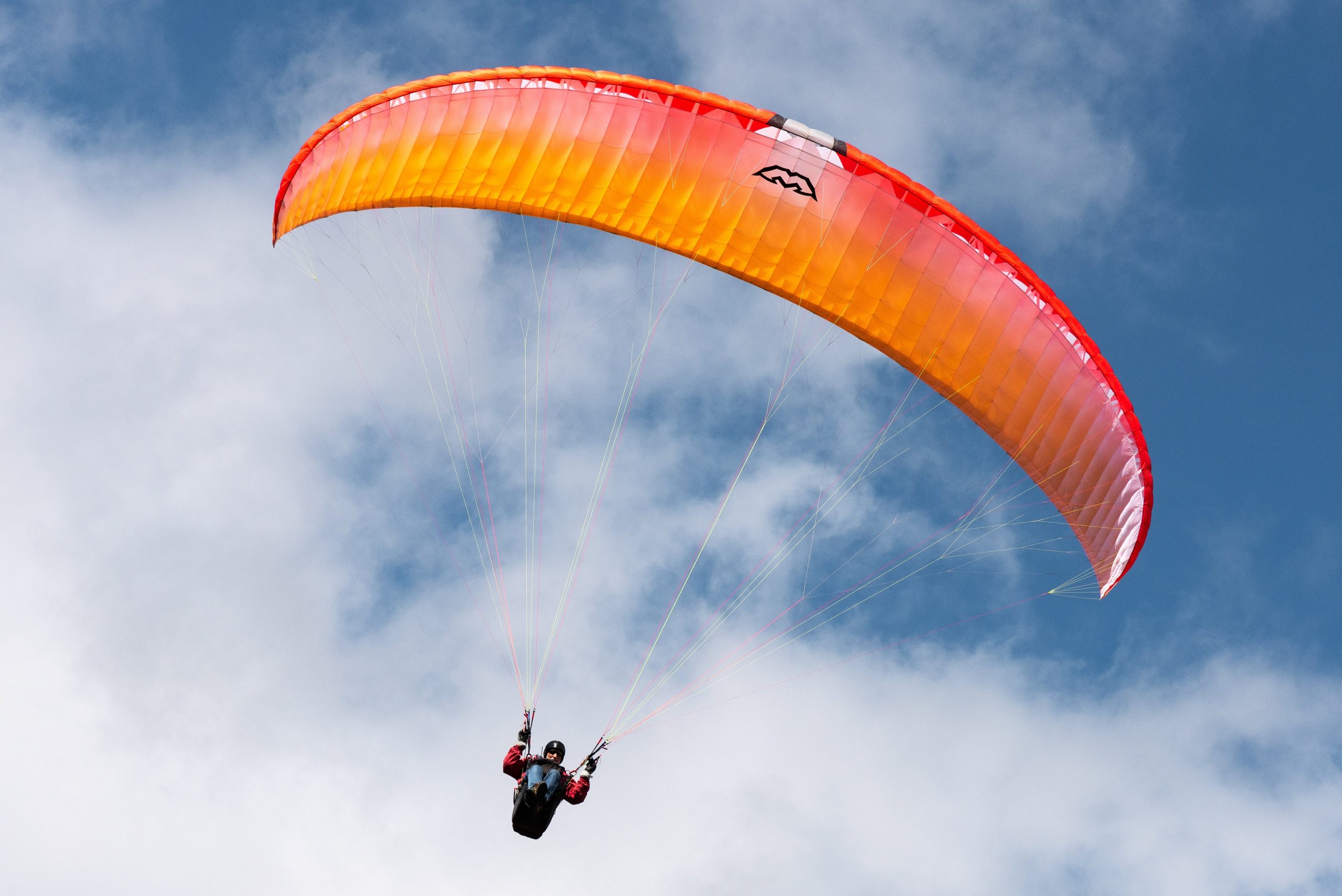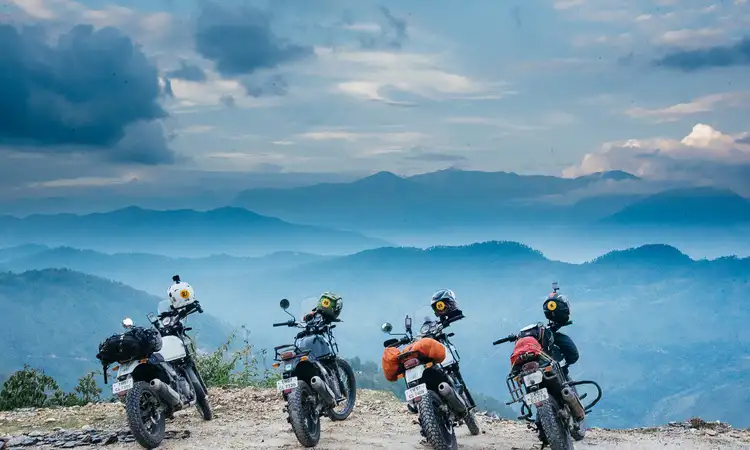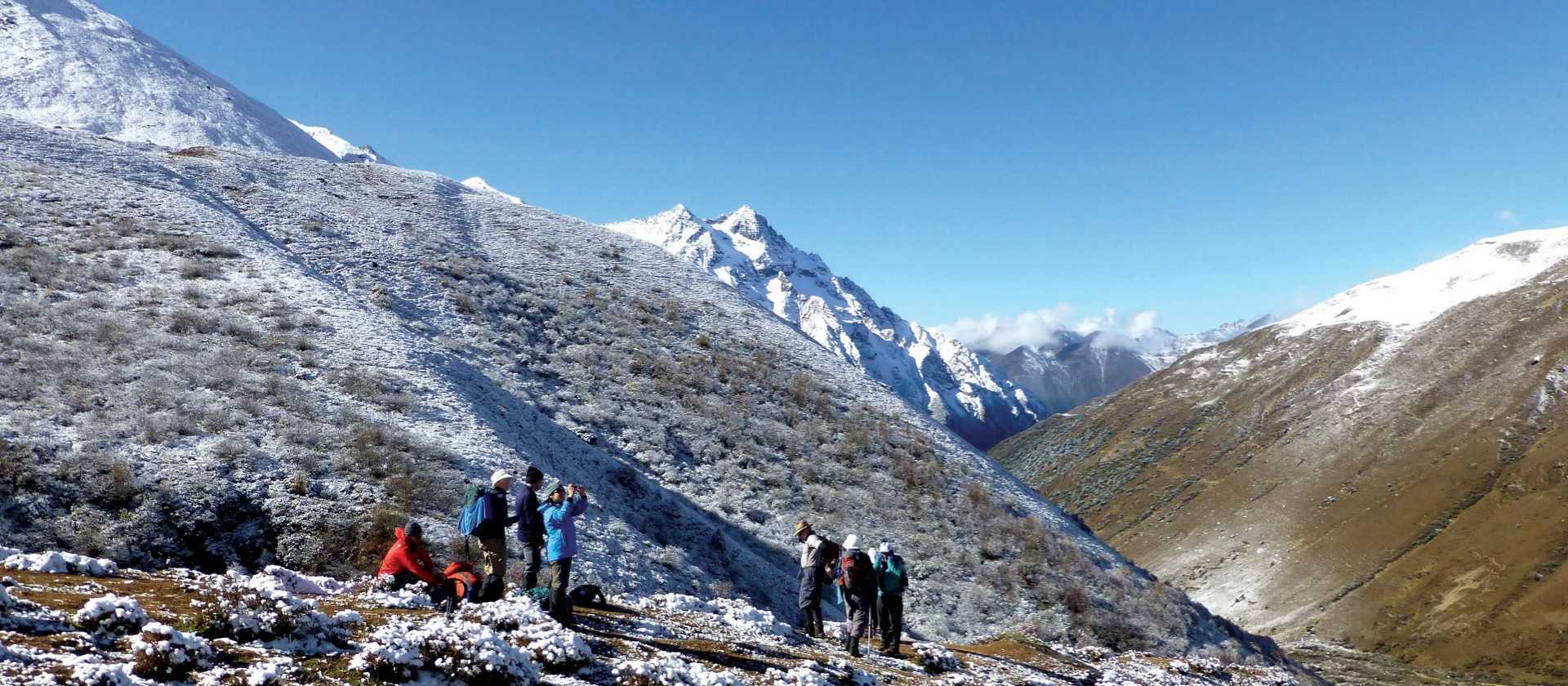Cultural and Spiritual Meditation Retreats
Cultural & Spiritual Meditation Retreats
While Bhutan is renowned for its adventure sports, it also offers a unique opportunity for inner adventure through spiritual meditation retreats. For those who want to connect with themselves and Bhutan's rich Buddhist heritage, a meditation retreat in one ...
of Bhutan's monasteries or meditation centers can be an incredibly rejuvenating experience.
The monasteries in Bhutan, such as Buddha Dordenma in Thimphu, offer spiritual retreats that can range from a few days to several weeks. These retreats usually include meditation sessions, Buddhist teachings, and teachings on mindfulness and compassion. It’s a holistic experience that combines Bhutan’s spiritual heritage with self-discovery.
Gallery
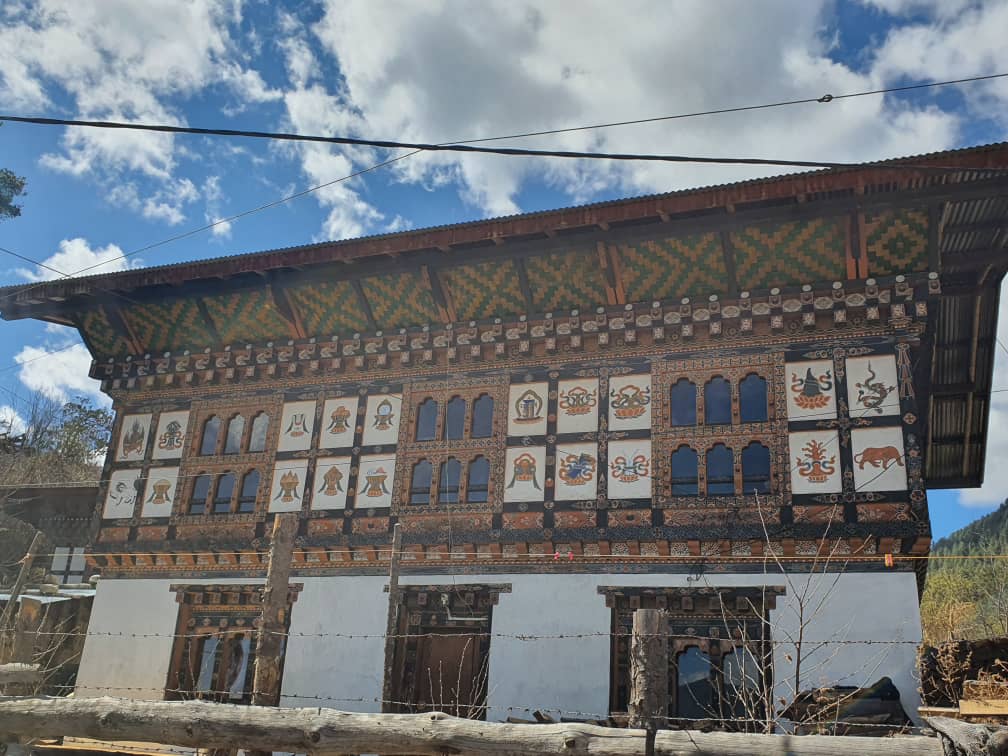
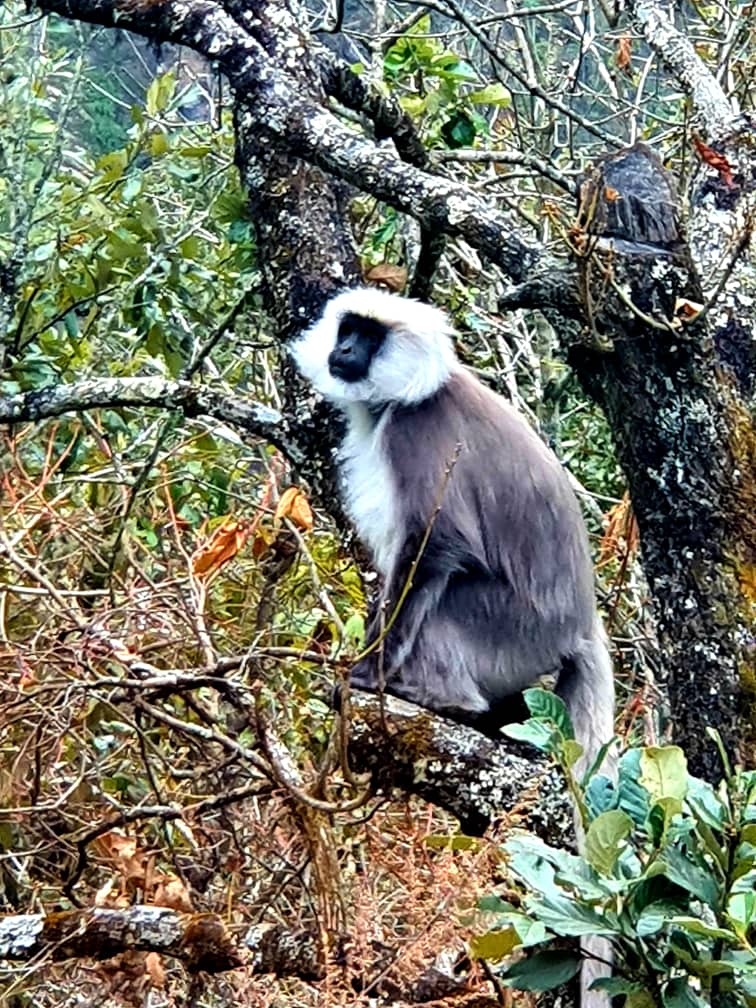
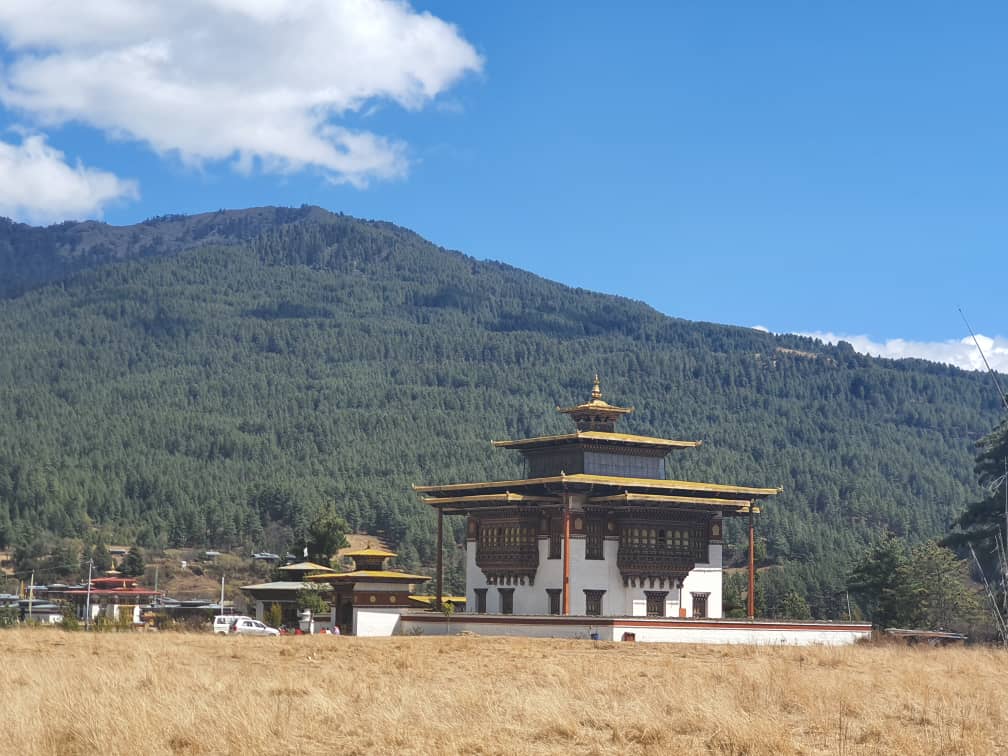

More Detail About Cultural and Spiritual Meditation Retreats
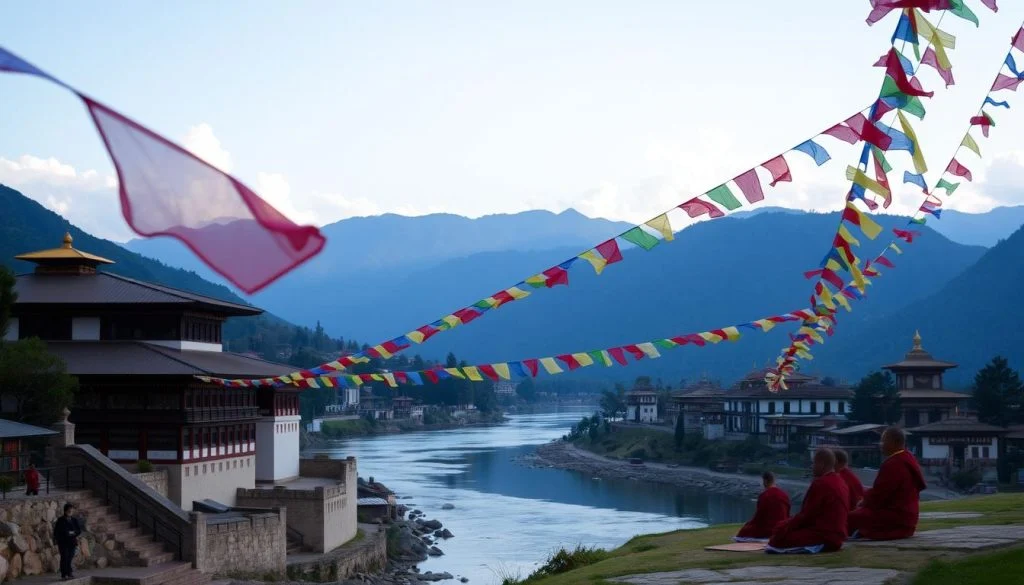 (Cultural and Spiritual Meditation Retreats is the most demanding activity among domestic and international trekking lovers.)
(Cultural and Spiritual Meditation Retreats is the most demanding activity among domestic and international trekking lovers.)
In addition to monastery retreats, there are also specialized meditation centers like the Zangtho Pelri Monastery in Paro and Tashichho Dzong in Thimphu, where travelers can enjoy meditation in peaceful, natural surroundings. These activities are perfect for those seeking a more introspective adventure or for an ...
yone looking to recharge mentally and spiritually.
Categories

Request a call back
Our experts would love to create a package just for you!







